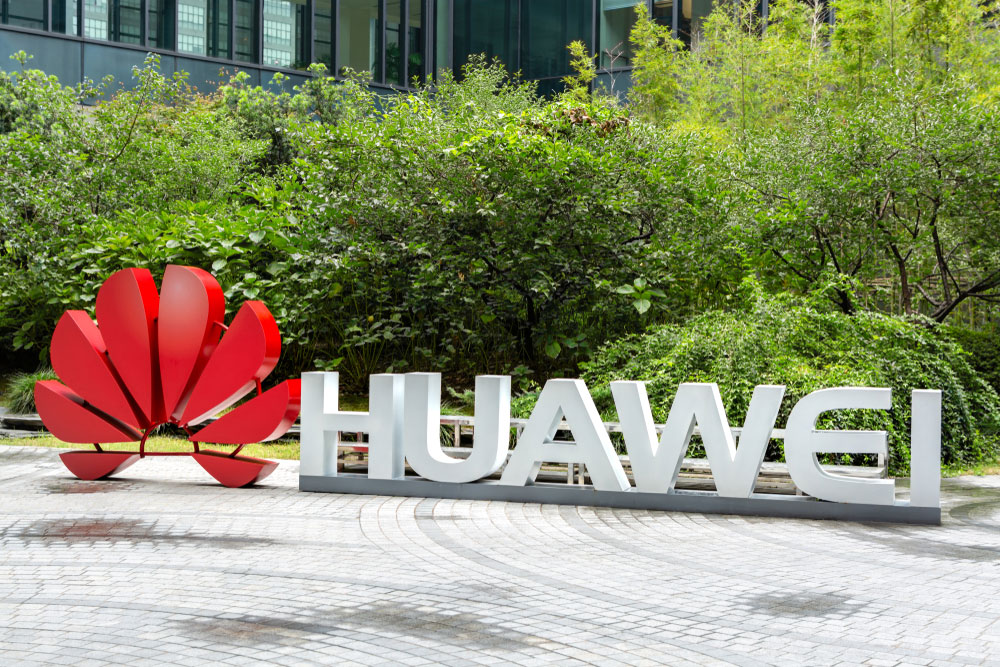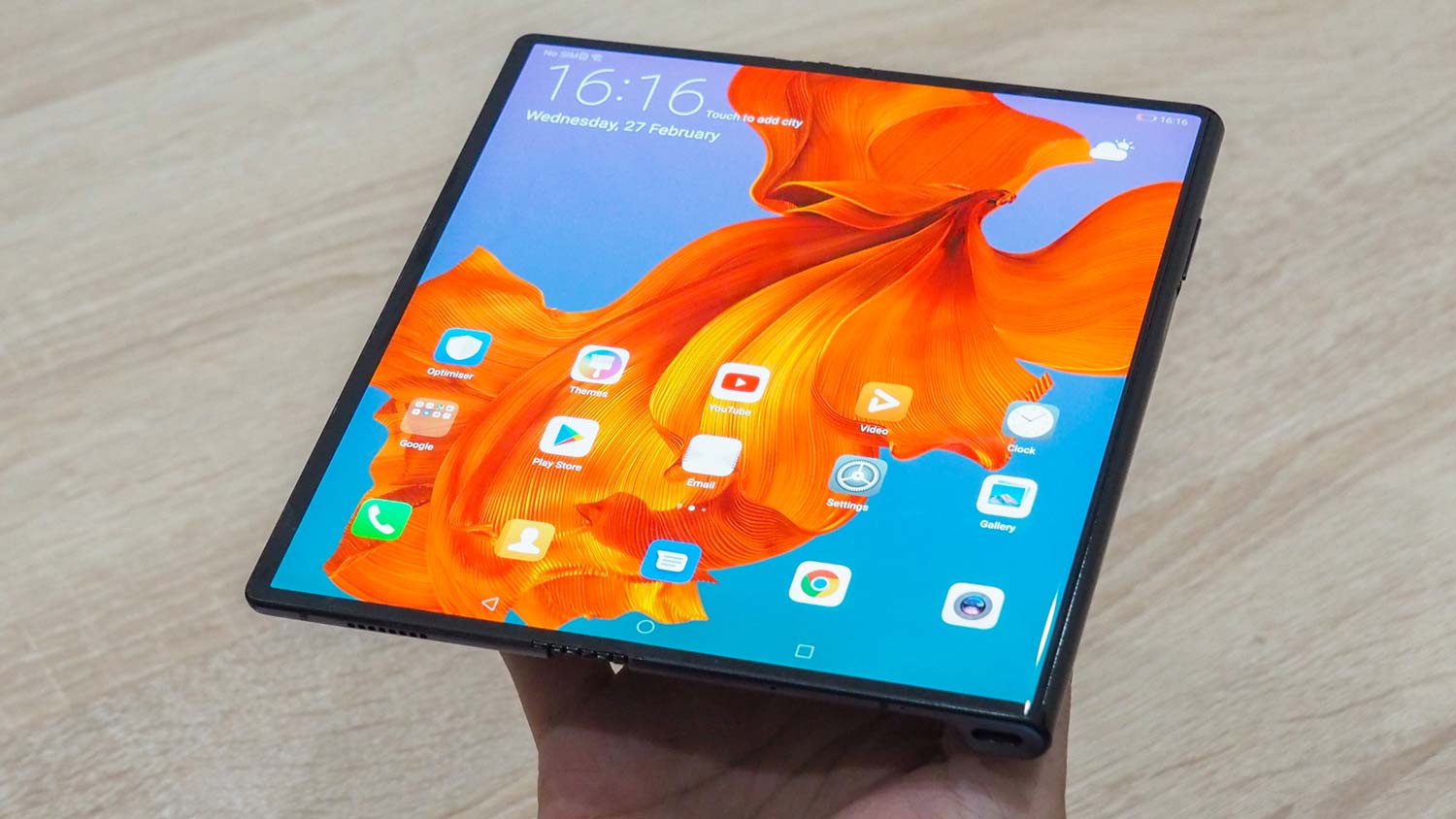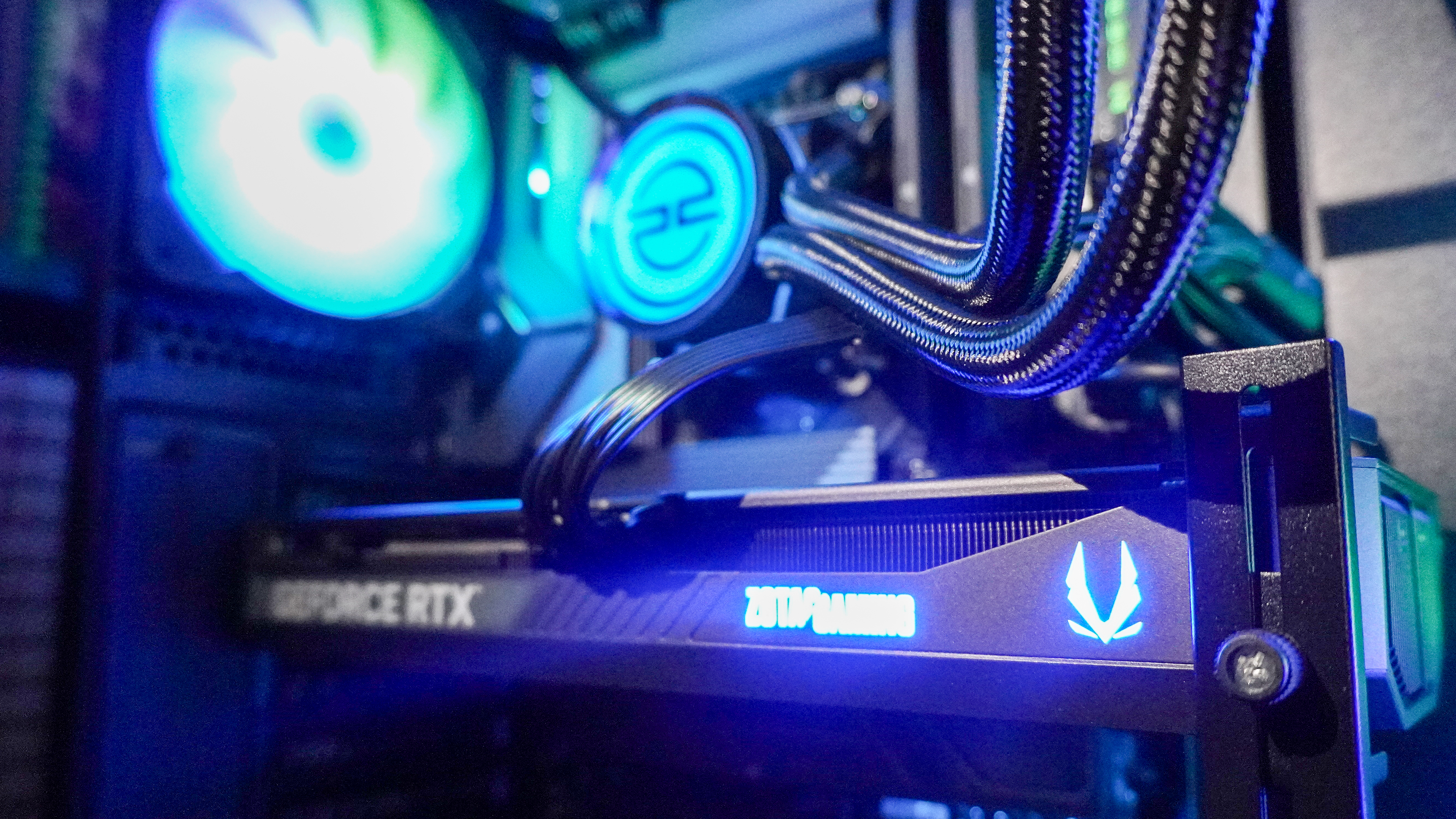Huawei vs US Government: Where's the Evidence?
The U.S. government won't let American companies do business with Huawei. But it still won't say exactly why.
It's time for the U.S. government to show its evidence that Huawei is a national-security threat to the United States. You can't cripple the world's second-largest smartphone maker without some kind of justifiable cause, and the extraordinary moves made against Huawei in the past week require extraordinary proof.

On May 16, the U.S. Department of Commerce placed Huawei and 68 of its subsidiaries on the "Entity List." That's a 270-page list of foreign companies and individuals with whom U.S. companies are forbidden from doing business without a rare special export license.
At the same time, President Donald Trump signed an executive order forbidding U.S. companies from using telecommunications equipment made by foreign companies that the U.S. government considers national-security threats. That effectively bans Huawei networking equipment in the U.S., which hits rural carriers especially hard.
MORE: Are Huawei Phones Unsafe to Use?
Three days later, Google announced that it would stop supplying its proprietary Android components to Huawei, including Gmail, Google Maps and the entire Play Store ecosystem, as well as preliminary versions of Android security updates. Google doesn’t really have a choice, as it has to comply with U.S. law.
At the same time, Intel, Broadcom and Qualcomm reportedly said they would stop supplying chips for Huawei's laptops, smartphones and wireless networking gear. Microsoft hasn't said anything yet, but it will almost certainly have to stop selling Windows to Huawei.

Huawei will still be able to use Android Open Source Project (AOSP) builds of Android, which are open-source and widely used by smartphone makers in China. But European customers won't want Android phones without Google apps. And it's not clear how Huawei can sell many laptops without a Windows license.
This could put a pretty major dent in Huawei's sales outside China, to say the least. It could also lead China to retaliate by banning U.S. products, such as Apple iPhones, from being sold domestically. But what little evidence the U.S. has presented in the case against Huawei doesn't justify this kind of drastic action.
What reasonable cause?
Companies on the Entity List are "reasonably believed to be involved, or pose a significant risk of being or becoming involved in activities contrary to the national security or foreign policy interests of the United States," according to the Commerce order adding Huawei to the list.
But the order presents as "reasonable cause" only the recent indictment of Huawei in an alleged scheme to export networking equipment containing U.S. technology to Iran, in violation of U.S. law. Huawei's Chief Financial Officer Meng Wanzhou, daughter of the company's founder, has been detained in Canada in connection with this indictment.

Exports of U.S. technology to Iran would constitute a violation of U.S. law, but they're a pretty flimsy excuse to ban a company outright, especially without a conviction. It's also hard to see how sales of routine networking gear to Iran would threaten the national security of the United States.
We're not being told the whole story
There's got to be something more, something beyond just the nagging suspicion that Huawei may be in cahoots with the Chinese government. But we don't know what that something is. It seems that U.S. leaders aren't telling the public everything they know.
We do know that Huawei's founder and chief executive rose to a high rank in China's People's Liberation Army. There's also another indictment against Huawei that alleges the company stole a key piece of smartphone-testing technology from T-Mobile, the U.S. subsidiary of Deutsche Telekom.
But so what? Plenty of technology executives worldwide, including many in the United States, have had military careers. That doesn't make them spies. And theft of trade secrets is a criminal matter, not a national-security one.
Yet the American national-security crusade against Huawei goes back more than a decade. In 2008 and 2010, the U.S. government prevented Huawei from buying U.S. telecommunications companies. In 2012, the House Intelligence Committee declared Huawei a national-security threat and said U.S. companies should not buy Huawei products.
Last year, a Senate Intelligence Committee panel asked the heads of six U.S. law-enforcement and intelligence agencies, including the CIA, the FBI and the NSA, if they could recommend that U.S. citizens use Huawei "products or services." None could.
When asked why, FBI Director Christopher Wray gave a rather glib response: "We're deeply concerned about the risks of allowing any company or entity that is beholden to foreign governments ... to gain positions of power inside our telecommunications networks."
That sounds sensible at first, but if so, why don't the same restrictions apply to other Chinese technology companies, such as Lenovo, Xiaomi or BBK, parent company of Oppo, Vivo and OnePlus? (ZTE was on the hit list, largely for skirting U.S. sanctions against Iran and South Korea, but was removed after its executives lobbied President Trump.) Why doesn't it apply to Germany's Deutsche Telekom, Britain's BT, Finland's Nokia, Sweden's Ericsson or Mexico's America Movil?
There seems to be something different about Huawei that makes the U.S. government regard the company as a global threat, but government officials need to explain why. Otherwise, without proof, the American government will be able to just ban any company it wants.
Sign up to get the BEST of Tom's Guide direct to your inbox.
Get instant access to breaking news, the hottest reviews, great deals and helpful tips.
Paul Wagenseil is a senior editor at Tom's Guide focused on security and privacy. He has also been a dishwasher, fry cook, long-haul driver, code monkey and video editor. He's been rooting around in the information-security space for more than 15 years at FoxNews.com, SecurityNewsDaily, TechNewsDaily and Tom's Guide, has presented talks at the ShmooCon, DerbyCon and BSides Las Vegas hacker conferences, shown up in random TV news spots and even moderated a panel discussion at the CEDIA home-technology conference. You can follow his rants on Twitter at @snd_wagenseil.

